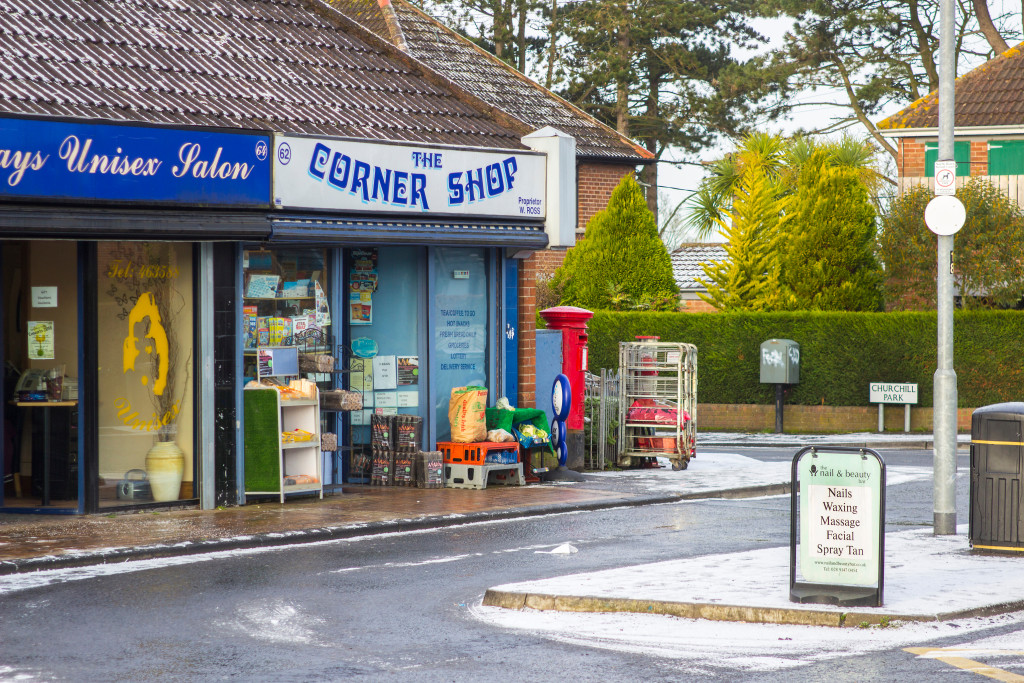It’s a tale as old as time. Someone grows up in a small town, goes off to college elsewhere, and moves out into the big city to build their career or business.
The movement from rural areas to urban centers has been the story of civilizations for centuries. This past year, however, as the world shut down and work went remote, the reverse seems to have happened.
If your business has somehow survived the recession, then maybe you’ve found yourself either moving back in with your parents or going back home to the small town you grew up in. Since work doesn’t necessarily have to be done in an office anymore, there has been a mass exodus from many big cities.
For some, that’s a temporary shift. There is still the hope of moving back into the big city and picking up from where they left off. But some are enjoying the small-town life, perhaps enough to consider that this move might be more permanent than they had initially thought.
If you’re still on the fence about it, here are some great reasons why staying in small towns might be the next best chapter in your life.
Small town, less competition
Let’s face it: the big city is crowded—not just with people but with businesses. Your business idea may be great, but it could be identical to three other businesses in the city. Competition is tough. This is not to say that you can’t succeed, but you could chase your success following a different approach.
Rather than fighting tooth and nail against other players, maybe you could consider capturing the smaller, underserved market in your small town. You can take advantage of an eager audience and become the sole player in this landscape.
This depends, of course, on the nature of your business. If it’s really just relevant in big cities, it might be difficult to replicate in more rural areas.
Quality of life

For people who have been jaded by big city life, these metropolitan areas evoke nothing but toxicity: traffic, congestion, pollution, crime. This is not to say that urban areas have no merits. They can be vibrant centers of economy, melting pots and gateways to other cultures, and all in all, just really fun.
But especially if you’re raising young children, the countryside always seems to beckon, doesn’t it? The air is fresher, the water is cleaner, and people are said to be generally friendlier. There’s a genuine sense of community, and it’s so much easier to reconnect with nature.
Living in smaller, more rural towns can have its challenges, though. There is less access to hospitals and service centers. It can get really slow and quiet—a challenge for extroverts who love the nightlife. Also, if you’ve been gone for a long time, it might take a while to adjust and feel less like an outsider.
But if these aren’t issues for you, or if there are clear ways to compensate for them, then moving into a small town may be the best decision you’ll ever make for yourself and your family.
Affordable cost of living
As a business owner, another factor that you might want to consider is the overall lower cost of living. It’s great for a consumer, as goods and services will be much cheaper, but as an income earner, you might end up earning less.
This shouldn’t be a problem, though, with careful planning and anticipation. There are many big city expenses that you’ll be doing away with anyway, like exorbitant rent or excessive use of takeout and delivery.
The US Department of Agriculture (USDA) also has great rural development programs to help families build their lives in rural areas. These USDA loans have low interest rates and require no down payment. They’re designed to make a beautiful countryside home accessible to all families, and you can take advantage of that.
Moving into a small town or staying in a big city is ultimately a decision that depends on your personality type, needs, and goals. It’s impossible to answer which is better than the other because both have their pros and cons.
As a business owner, you need to figure out where your business has a bigger chance for success–and it’s not necessarily in urbanized areas. And if you’re still figuring what kind of business you should get into, you might find the next big opportunity in the countryside.



